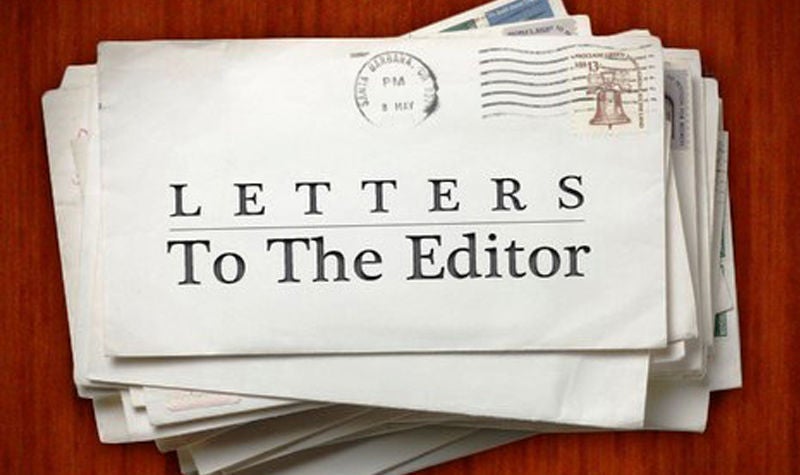The Thanks of a Grateful Nation
Published 10:30 am Monday, June 11, 2018
By Michael Cole
This week I spent in somber reflection. I realized that June 6 was the anniversary of the Normandy Invasion that started the liberation of Europe; and June 7 was the anniversary of the Battle of Midway, which marked the end of Japanese aggression in the Pacific.
It seems to me that we, as a modern people, do not spend a lot of time dwelling on these events outside of putting frames on our avatars at Facebook, sharing or making hearty comments on social media.
But do we know what they mean?
The Normandy Invasion on June 6, 1944 was the largest naval invasion ever undertaken in the entire history of humanity. In the space of a morning, the United Nations (I say the United Nations for the simple reason is we forget that alongside American servicemen there were Canadian, British, Australian, Indian, French, and scores of other nations there) put entire armies on the Normandy Beaches. This combined action showed the face of tyranny what freemen could accomplish together.
In less than a year, this beachhead invasion would bring Nazi Germany to its knees, and the 1000-year Reich of Adolf Hitler would face defeat after a dozen years.
When we honor that day, we take a moment to remember the 10,000 plus casualties the Allies suffered that day. 9,387 Americans met their final resting place at Normandy. Young men (and women, there are three American women buried there) gave the last full measure of human sacrifice for a word.
Freedom.
Between the dates of June 4 and 7 of 1942, the United States, a scant six months after Pearl Harbor pulled of a Naval Miracle by defeating a more considerable Japanese Naval force. In a coordinated effort, aircraft from US Carriers ENTERPRISE, HORNET, and YORKTOWN sank four of Japan’s best aircraft carriers and killed some of their best pilots.
It ended the Imperial Japanese advances. It turned the tide of war slowly into America’s favor.
There is a quote, “Before Midway, America had no victories in the Pacific; after Midway, it had no losses.”
So today, over 70 years later, when most of the participants are dead and footnotes in history, how do we properly honor their memory?
Is it enough to change your picture on your Facebook account, talk about how proud you are to be an American? Is it enough to share memes, share quotes, or write a few of your own about how proud you are and how grateful you are?
Is that patriotism? Is that remembering our war dead?
Is that enough that we can say they did not die in vain?
Accurate marks of patriotism are making sure that America lives up to her potential. That everything that we fought for, from 1775 to today is a cherished right of all Americans. That in this country a citizen can do everything from kneeling at the national anthem in protest to stand in reverence.
Our war dead fought for the rights of both.
Real tests of whether we are a genuinely grateful nation are free speech. They fought for the right of all Americans to say what they want when they want. Even if it is the vilest and offensive thing, our war dead died for that right.
Our war dead at D-Day and Midway fought for the rights of self-determination for all. Not just those rights with which we agree. Not just lifestyles that make us comfortable.
To restrict those choices is to dishonor their sacrifice.
Are we building America to be the greatest nation on Earth and, let’s be bold the Solar System? Is our infrastructure the best in the world? Is our schools the envy of the world? Is our nation the beacon of liberty, freedom, and opportunity that the world looks up to with admiration and respect? Or are we resting on our laurels?
The Dead of D-Day and Midway, the men that met in battle there, did not just fight for America the nation. They fought for America the ideal.
The best way that we as Modern Americans can do as thanks of a grateful nation is first proud we are Americans. Then act to ensure that America is the as great as we want it to be. Anthems and pledges are great, but deeds and acts are better ways of remembering the dead.
Show your patriotism in your actions. Not your words.
Show their memories that they did not die in vain.





